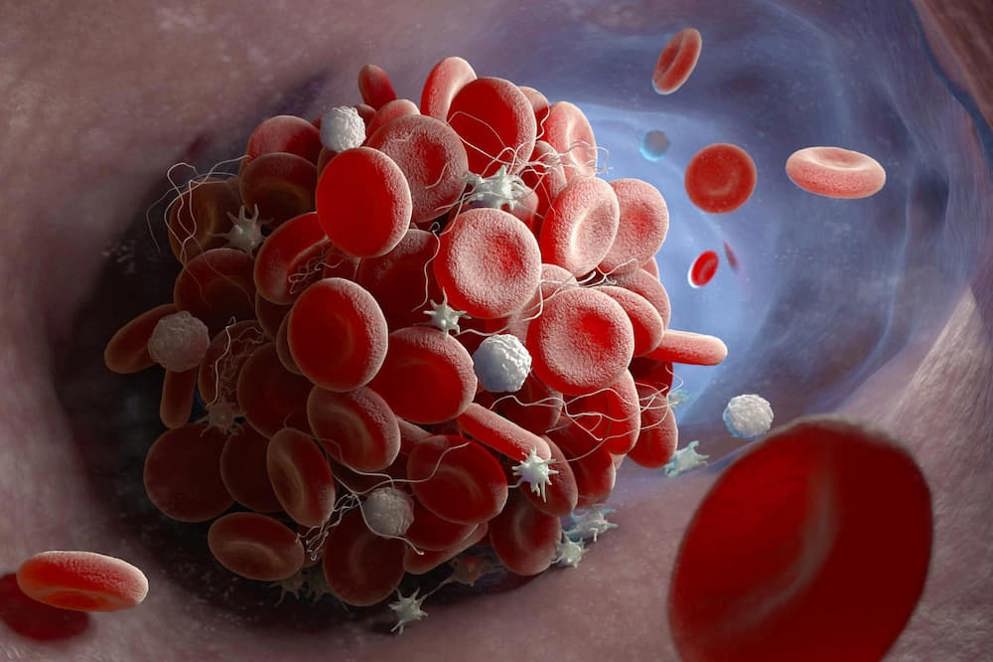
API-CAT supports extended reduced-dose apixaban
Extended anticoagulation with reduced-dose apixaban is noninferior to the full dose for preventing recurrent venous thromboembolism (VTE) in patients with active cancer, show the results of the Apixaban Cancer Associated Thrombosis (API-CAT) trial.
Moreover, reducing the dose of apixaban resulted in a lower incidence of clinically relevant bleeding complications.
Over a median treatment duration of 11.8 months, the cumulative incidence of centrally adjudicated recurrent VTE was 2.1% in the 866 patients randomly assigned to reduced-dose apixaban (2.5 mg twice daily) and 2.8% in the 900 given the full dose (5.0 mg twice daily).
All trial participants had active cancer and proximal deep vein thrombosis or pulmonary embolism and had completed at least 6 months of anticoagulant therapy.
“Treatment guidelines recommend the continuation of anticoagulant therapy for as long as the cancer is active, given that discontinuation is associated with a high risk of recurrent venous thromboembolism,” say the researchers.
“However, the avoidance of bleeding complications during extended anticoagulant therapy is a key issue that also requires consideration.”
Clinically relevant bleeding occurred at a cumulative incidence of 12.1% in the reduced-dose apixaban group, which was a significantly lower rate than the 15.6% observed in the full-dose group (P=0.03).
Mortality was similar in both groups, at 17.7% with the reduced dose and 19.6% with the full dose.
“Our trial population is reflective of patients undergoing extended treatment in routine clinical practice in terms of their age, cancer site, and extent of cancer,” write Isabelle Mahé (Hôpital Louis Mourier, Assistance Publique Hôpitaux de Paris, France) and colleagues in The New England Journal of Medicine.
However, they caution that they were unable to collect data on race and ethnicity, and that the efficacy and safety of reducing the dose of apixaban beyond the 12 months assessed in API-CAT “remain uncertain.”
Developed by EPG Health for Medthority, independently of any sponsor.
of interest
are looking at
saved
next event



